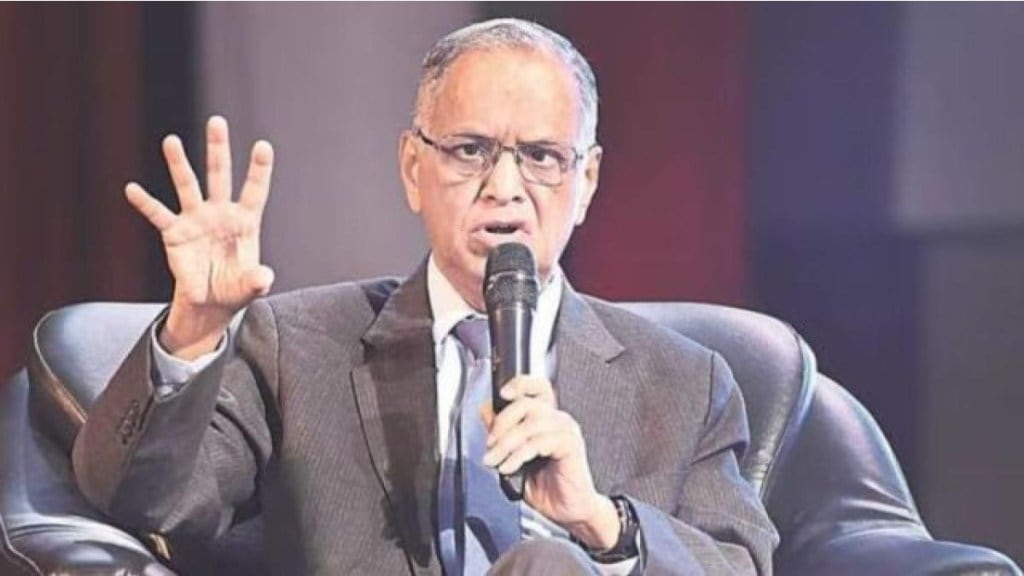Infosys co-founder Narayana Murthy has reiterated his disagreement with the concept of work-life balance, reigniting discussions on the subject.
Speaking at the CNBC Global Leadership Summit, Murthy firmly stated, “First of all, I do not believe in work-life balance, i have not changed my view; i will take this with me to my grave,” he told CNBC-TV18 maintaining his earlier stance on the topic.
Murthy, who stepped down from an executive role at Infosys in 2014, expressed disappointment over the company’s shift to a five-day workweek in 1986. Sharing his personal commitment to work, he revealed that he worked 14-hour days, six and a half days a week until his retirement.
“I think in this country, we have to work very hard because there is no substitute for hard work. Even if you are the most intelligent guy, you need to work hard. So therefore, I am sorry, I have not changed my view,” he said, clarifying that his views remain unchanged.
Call for management-oriented governance
Murthy also suggested that Prime Minister Narendra Modi consider recruiting civil servants from management schools instead of relying solely on the Union Public Service Commission (UPSC) examination to enhance public service delivery.
At an event organised by CNBC TV18, Murthy advocated for a management-oriented approach in governance. He explained that such a shift focuses on vision, ambition, achieving challenging goals, cost efficiency, and swift decision-making, contrasting it with the administrative approach that often prioritises maintaining the status quo.
“Maybe Prime Minister Modi, who has done a brilliant job so far in terms of accelerating our economy, may want to look at whether we need more managers in the government rather than administrators,” he said.
Murthy underscored the need to tap talent from premier management institutions to infuse fresh perspectives into the Indian Administrative Services (IAS) cadre. This, he argued, could replace the current system where candidates qualify through a competitive UPSC exam based on limited subject expertise.
The comments come at a time when debates around work ethics and administrative reforms remain pertinent to India’s growth trajectory.
